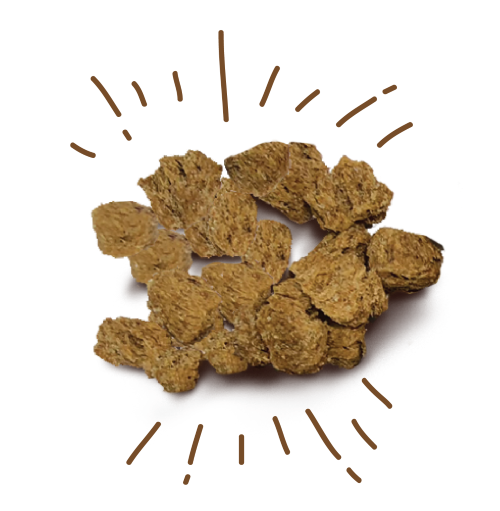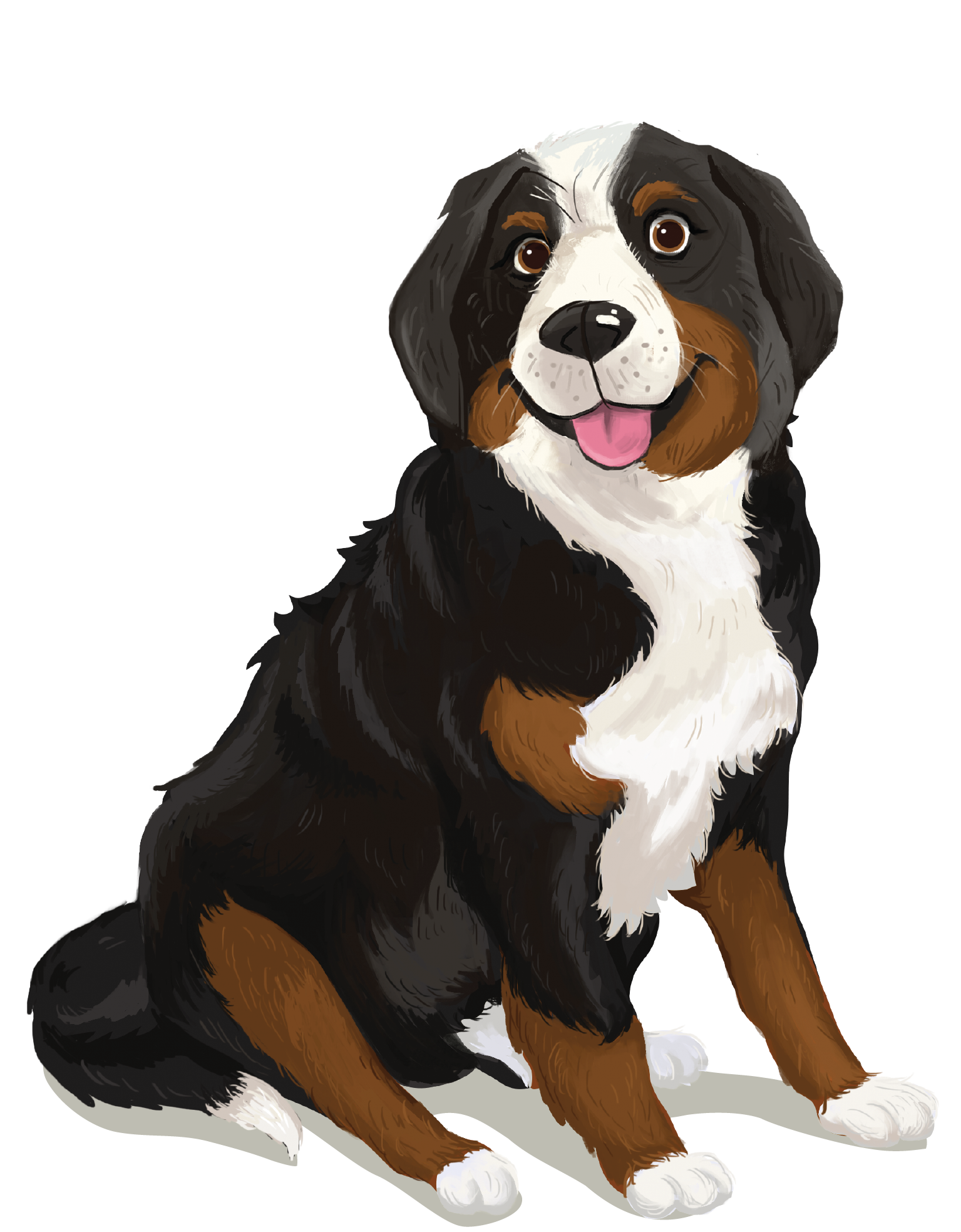Bernie’s Perfect Poop may naturally help anal gland & scooting issues in dogs
 You watch your dog scoot his bum across your white carpet and your cringe! Why is he doing that? What’s the problem? How can you stop it? Bernie’s Perfect Poop Can naturally help anal gland & scooting issues in dogs.
You watch your dog scoot his bum across your white carpet and your cringe! Why is he doing that? What’s the problem? How can you stop it? Bernie’s Perfect Poop Can naturally help anal gland & scooting issues in dogs.
- Good dog gut health is critical for your dog’s overall health. When your dog’s gut is healthy, your dog is healthier. And so is his bum. It’s cleaner and his anal sacs are cleaner and can help prevent anal gland issues and dog butt scooting.
- Food and diet impact your dog’s anal sacs and their expression. Most often if your dog is scooting his butt, he’s dealing with irritation in that area. Most often, supplementing with a high-quality fiber like in Bernie’s Perfect Poop will help bulk up your dog’s stool. This means that when your dog is pooping, the larger stool naturally will express the fluid that comes from their anal sacs and naturally relieve irritation without scooting. Dogs also naturally massage their anal glands (giving natural expression) when they’re moving and scratching. If they’re a healthy weight, like a premium-fiber will help manage, they’ll be more able to do this.
- Bernie’s Perfect Poop combines prebiotics and probiotics to help create the perfectly balanced gut microbiome. Sometimes your dog’s rear will be irritated because of constipation, diarrhea or inflammatory skin issues. If your dog’s gut health isn’t balanced, you may see these issues more and your dog’s anal glands may be more irritated and lead them to scoot to relieve the irritation. The right balance of good bacteria in his gut will help him absorb the nutrients he needs to, and help his gut be balanced—leading to less constipation and diarrhea.
- Each cell in your dog’s body needs nourishment and nutrients. When your dog can break the food you give him down, he’s able to best absorb nutrients and fuel his body. This also means that your dog can better form properly shaped and sized stool, which will help naturally express anal glands and prevent scooting with every bowel movement. The proprietary blend of seven enzymes in Perfect Poop will break their food down and ensure maximum absorption and metabolization. This means the perfectly formed poop to massage anal glands without scooting happens naturally.
- Bernie’s Perfect Poop is a 4-in-1 combination of fiber, prebiotics, probiotics, and enzymes. Good dog gut health is the key to a happier, healthier life for your dog, and for keeping his bottom irritation-free.



